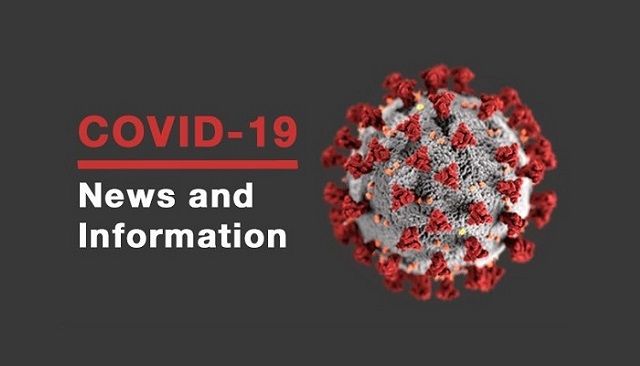Children, waste and well-being: A critical analysis of socio-environmental justice in almajirai solid waste management in Northern Nigerian Cities
Maternal and child health
32
Issue: 2
(11 - 2018)
Context: Whereas academic discourse on socio-environmental justice (SEJ) globally has focused on
race, ethnicity and wealth, and gender inequalities, research on SEJ in relation to children, their well-
being and waste management in Africa has remained neglected.This paper focuses on the Almajirai,
children in the Islamic educational system, and critically examines SE] in Almajirai involvement in the
solid waste management (SWM) system of cities in northern Nigeria.
Data Source and Method: The study is situated in the city of Zaria, Kaduna State, Nigeria. Mixed
methods approach used for data collection included consultations with key stakeholders, ethnographic
and field observations; key informant interviews (Klls), questionnaire survey of 350 respondents
sampled purposively, and a critical review of literature. Percentages were utilized for analysis of
quantitative data while quotations and transcriptions were made from interviews.
Findings: Findings indicate that while many Almajirai contribute to environmental well-being through
collection, disposal and recycling of waste, they often suffer unbridled socio-environmental injustice in
their quest for a livelihood and also for their perceived association with insecurity in northern Nigeria.
Conclusion: In the light of the findings and the overarching juvenile-related sustainable development
goals (SDGs) targets, the paper rethinks the role of Almajirai in SWM while articulating possible policy
benefits of scaling up engagement with Almajirai in the post-2015 development era.
Keywords: Almajiraé, solid waste management; sustainable development goals; well-being; socio-
environmental justice
0


